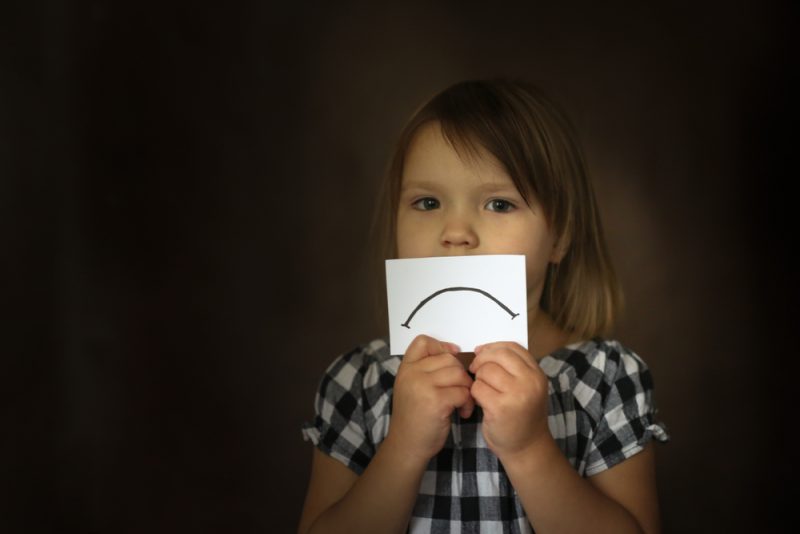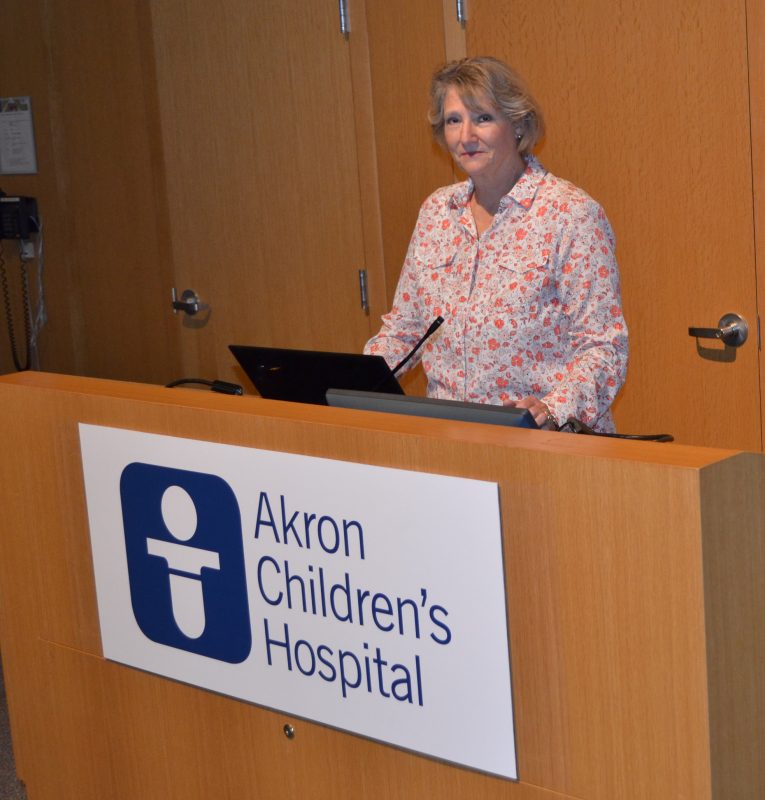 One in 5 girls and one in 10 boys will be victims of sexual abuse prior to their 18th birthdays. Those are startling statistics.
One in 5 girls and one in 10 boys will be victims of sexual abuse prior to their 18th birthdays. Those are startling statistics.
The Akron Children’s Division of Child Protection and Child Abuse Prevention recently hosted a presentation to educate parents, teachers and community members about protecting kids from sexual abuse. Cory Jewell Jensen, M.S., shared insights garnered from spending 35 years evaluating and treating adult sex offenders and their families in Portland, Oregon. She is currently senior trainer for CBI Consulting. Read part 1 and part 2 in this series.
Suggestions to protect your children include:
- Start “screening” people who spend time with your children: relatives, boyfriends/girlfriends, family friends, coaches, baby sitters, volunteers, etc. Be especially cautious with anyone who spends time alone with your child.
- Participate in your children’s outside activities as much as possible. Coach their sports teams, volunteer at their church camp.
- Be especially cautious if your child is going alone into a men’s restroom in a public place. Also, be alert at places like community parks and swimming pools.
- Monitor the use of your kids’ electronic devices. If you suspect they have seen sexual content, bring up the subject subtlety by saying, “I was recently online, and some videos and images popped up. Have you seen them too?” If they have seen pornography, explain that online porn is not real sex. It’s people performing, it’s as fake as a sci-fi movie. It’s nothing like a real and healthy relationship.
- Make sure your child can walk to and from school safely.
- Keep your children away from “known offenders,” even if they are friends or relatives.

Cory Jewell Jensen presented to parents in our auditorium.
Talking to your kids about sexual abuse
“Sexual abuse is an ugly topic that is easily ignored and avoided. But it’s critical to have age-appropriate talks with your kids, starting when they are very young,” Cory offered. “Teach them that their body is private and special. Tell them that if anyone touches them – and it could be anyone – that they won’t be in trouble. Explain that sexual abuse is not a sickness – it’s more like stealing or lying – and abusers often use tricks to keep kids from telling.”
Cory also recommends that parents blend sex abuse checkups with other safety talks, repeating the conversation 3-4 times a year. “We talk to kids about bullying, bike safety and staying away from drugs and alcohol,” Cory said. “Why not work sexual abuse into the conversation?”
Abuse symptoms
Signs of sexual abuse include an age-inappropriate understanding of sex, persistent sex play, sexual coercion of other kids, drawings with genitals or fear of a specific person. If you think your child is developing sexual behavioral problems, don’t sweep the issue under the rug. Your child could be being abused, exposed to pornography or even learning to offend. Intervene before the problem becomes worse. Call a child abuse center like the Akron Children’s CARE Center for help.
Helping victims of sexual abuse
If your child comes to you about a sexual abuse situation, believe them! The rate of false allegations is only 8-12% if teens are included.
Stay calm, support them and tell them you are glad they told you. Call the child abuse hotline or the police department immediately. Don’t confront the offender or allow contact between your child and the abuser.
The good news is that most children can overcome sexual abuse if parents act calmly and responsibly. “Children whose parents talk to them before abuse happened have a better chance of reporting it,” Cory explained. “Children who are believed have a better chance of recovering; it’s more traumatic for kids who are not supported.”
After a child reports sexual abuse, seek immediate help. “Get your child support and treatment,” Cory said, “and parents should get counseling as well.”
Nothing we do will eliminate the risk of sexual abuse among children, but parents can arm themselves with knowledge and ongoing conversations with their kids. “Ninety-five percent of the people you know would never hurt your children,” Cory said. “But we all need to be open to the possibility that someone we know, like or even love could be a sex offender.”
Editor’s note: Read parts 1 and 2 in this series.










